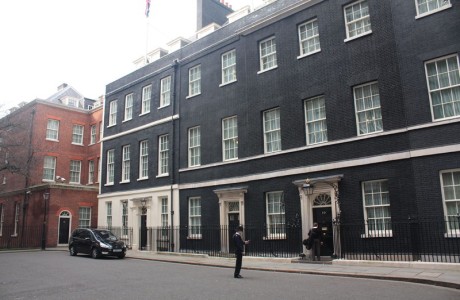The U.K. government Tuesday gave its regulatory regime for deep water offshore oil and gas drilling a largely clean bill of health, saying that existing rules address most of the concerns raised by a parliamentary committee studying the impact of the Deepwater Horizon disaster in the Gulf of Mexico.
U.K. lawmakers on the Energy and Climate Change Committee had raised serious doubts in January about whether the oil industry is prepared to tackle a deep water blowout and oil spill should it occur in the North Sea, but the government’s response to these concerns published Tuesday said existing rules are adequate.
“The U.K. government has already taken a number of actions (such as increasing the number of environmental inspectors and inspections to mobile rigs) to further bolster the already robust U.K. regulatory regime,” the government report said.
One of the committee’s principal concerns–that the oil industry couldn’t handle an oil spill in the rough seas west of the Shetland Islands–has already been dealt with, the government said. Chevron Corp. has developed a cap that can be used to seal a blowout in this area that will be available for anybody to use, the government said. Additional capping devices are also in development, it said.
Industry body Oil and Gas U.K. said in a separate statement: “The manufacture of a well capping device for use in the harsh environment in west of Shetland, is being implemented and that construction of the new equipment will be completed by the summer.”
This demonstrates the speed with which the U.K. oil and gas industry has responded to the Deepwater Horizon oil spill, the statement said.
The government did promise to assess in partnership with the oil industry whether oil rigs’ blowout preventers–the crucial piece of equipment that failed aboard the Deepwater Horizon–should be upgraded to include extra failsafes, called blind shear rams. This assessment won’t be concluded before summer, it said.
“We will also be considering the requirement of [compulsory] insurance as part of our review,” it said.
Existing rules cover the other main concerns of the U.K. lawmakers–that companies spill response plans aren’t adequate for the least likely but highest risk accidents; that existing financial provisions wouldn’t cover the cost of a large spill; and that workers aboard offshore rigs fear reprisals if they raise safety concerns–the government said.



